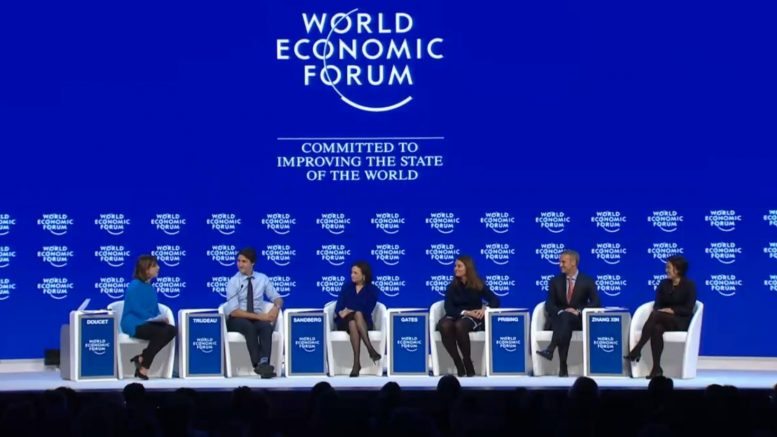|
Getting your Trinity Audio player ready... |
Mix the World Economic Forum with New Urban Agenda, and you get a massive spawning-ground for public-private partnerships. P3 is a blending of public and private financing, most comparable to fascism.

|
Getting your Trinity Audio player ready... |
Mix the World Economic Forum with New Urban Agenda, and you get a massive spawning-ground for public-private partnerships. P3 is a blending of public and private financing, most comparable to fascism.